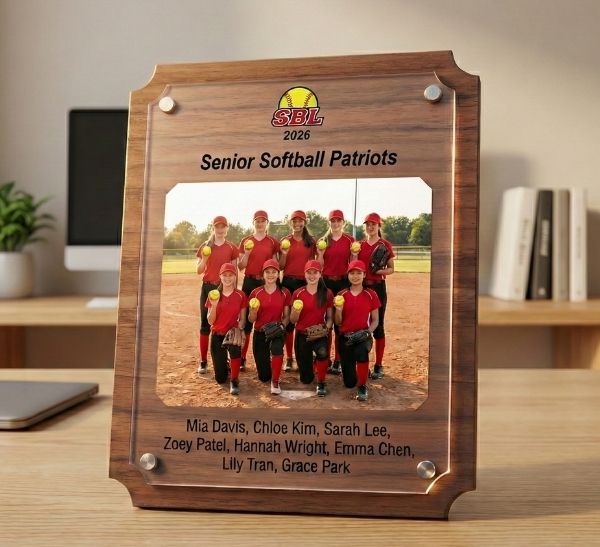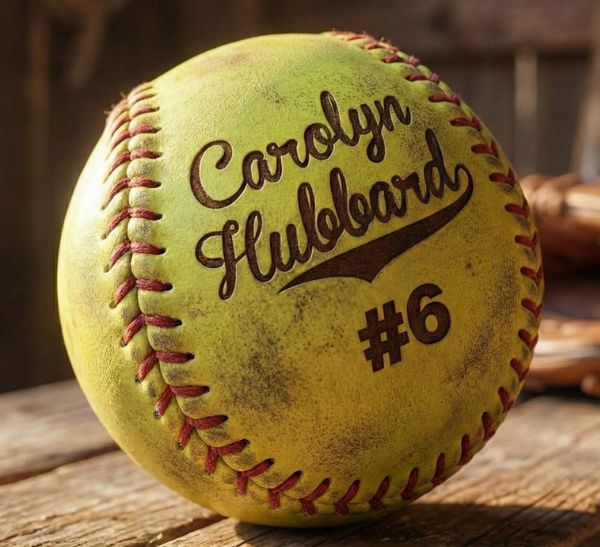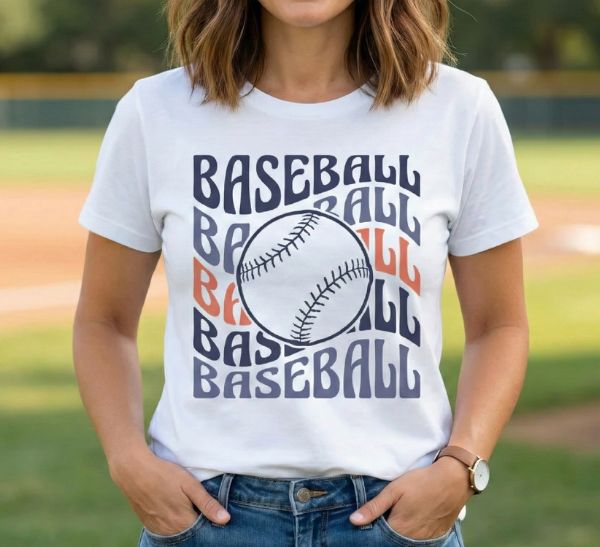All
BASEBALL BAT BEACON – SELECTING A YOUTH BASEBALL BAT BASED ON PLAYER’S AGE AND ABILITY
by Chris Bajda July 03, 2020

This tutorial will offer both parents and children the requisites they need to choose the appropriate bat based on their age and level of play. Selecting the right bat will not only heighten your little batsman’s swing efficiency but it will also be a major confidence booster.
Once you establish the proper coordinates for the best bat for your child based on variables such as weight, length, drop weight, and composition material, we’ll direct you to exactly where you need to go to find the best deal.
BBCOR - What does it mean?
BBCOR stands for “Batted Ball Coefficient of Restitution.” This is a standard that regulates how much energy is lost during the bat's contact with the baseball. The higher the number a bat registers in the test, the more trampoline effect it has. BBCOR was created to reduce batted ball speeds by up to 5% from old standards to ensure the safety of pitchers.
In addition to BBCOR certification, all bats must also meet these criteria:
- Barrel diameter that does not exceed 2 5/8 inches,
- Length no greater than 36 inches, and
- Length to weight ratio no bigger than -3.
Regulations
Two important items to note:
- By baseball terms, an adult is considered anyone 13 years of age or older.
- BBCOR certification is the current standard used at 13 years and older. If you want a bat eligible for leagues that follow NFHS and NCAA rules, it’s important that it is BBCOR certified.
Little League, PONY, USSSA require this certification in their senior divisions, which can include players that are 11-14 years old.
How to select the appropriate size for your junior batsman?
The three key variables to consider when selecting the right baseball bat for your child are:
- Length
- Weight & drop weight
- Barrel size
- Bat Material
- Cost
- Major Brands
- Appearance
Length
Here are recommendations for bat lengths based on the child’s age:
|
AGE in YEARS |
BAT LENGTH in INCHES |
|
5-7 years old |
24-26 inches |
|
8-9 years old |
26-28 inches |
|
10 years old |
28-29 inches |
|
11-12 years old |
30-31 inches |
|
13-14 years old |
31-32 inches |
|
15-16 years old |
32-33 inches |
|
17+ |
33-34 inches |
A long bat doesn’t necessarily mean better. While it will give the player more plate coverage, the extra length and weight could impact their technique and bat speed. It requires finding the perfect balance of weight and length according to where your child is in strength and overall evolution of their swing technique.
Weight & Drop Weight
Babe Ruth used one of the biggest bats in baseball history, so there is a notion that the bigger the better to produce power. Heavy bats can be difficult to control, which may lead to less bat control and more frustration. If you choose a bat too small, it might not generate enough inertia through contact, leading to a reduction in power.
This is where the key is finding the proper “drop weight” for your player’s bat. DROP WEIGHT is essentially the difference between the length of your bat in inches and weight in ounces. It’s become common terminology in the baseball world in striking the proper balance in customizing the perfect bat for your player. For instance, if a bat is 31 inches in length and 25 ounces in weight, the drop weight would be the difference of: 31 inches - 26 ounces = -5 Drop Weight.
OPTIMAL DROP WEIGHT
A drop weight will fluctuate as a player ages and becomes stronger. In general, here are some tips for striking the right drop weight.
- New players – For thoses players that are just starting out, it’s recommended they start with a bat that has a -9 or -12 drop weight.
- High School/College – These levels are subject to BBCOR regulations and restrict players to using bats with the drop weight no greater than -3.
The player may have to test a variety of bats to discover a bat that strikes just the right length/weight. One helpful maneuver to test your child to understand what the right weight is similar to the stein holding contest during any Oktoberfest. Have your child hold the bat out in front of him with his strong hand, arm extended. If your child can hold this for 20 seconds with no weakness exhibited, you may have landed the right weight.
Barrel Size
The standard size for Little League baseball is a 2 ¼” barrel and the recommended barrel size for all children under the age of 12. At the high school and college level, regulations restrict the use of a barrel larger than a diameter of 2 5/8”.
Here is a chart to use as a guide to land the right barrel size, along with the other key coordinates:
|
Age |
Barrel Size |
Length |
Drop Weight |
|
5-6 |
2 ¼” |
Maximum 32” |
Maximum -13 |
|
7-8 |
2 ¼” |
Maximum 32” |
Maximum -13 |
|
9-11 |
2 ¼” |
Maximum 32” |
Maximum -13 |
|
12-13 |
2 ⅝” |
Open |
Maximum -10 |
|
14-16 |
2 ⅝” |
Open |
-3 |
No matter what bat you do choose, always remember that first and foremost, it must comply with regulations.
Bat Material
There are generally 4 types of materials used by bat manufacturers:
- Alloy bats
- Composite bats
- 50/50 bats
- Hybrid bats
Composite bats
These are the priciest of the bats and made from fiberglass. What is unique about composite bats is that they actually “break in” and the intention is that they will age positively or get better with use. It is suggested to hit (barrel contact) 300 baseballs to achieve max performance from a composite bat. While it was once banned given it’s explosive exit velocity, it can now be used if it meets BBCOR certification.
Alloy bats These are the most affordable and made 100% from metals, typically aluminum. Aluminum tends to be the lightest and most durable of metals, which is ideal for a baseball bat, which allow for youth players to work on technique properly. Younger players are able to generate the best bat speed with alloy bats, which helps them overcome a lack of strength and precision in their swing.
50/50 bats is a mix of composite and alloy, with the handle composed of composite and barrel of alloy. This offers the light barrel with a durable handle.
Hybrid bats are composed of several materials mixed together. Often those materials consist of a variety of metals or carbon. The theory around these bats is that by mixing materials, you will leverage the strengths of the different materials, while offsetting any weaknesses.
There is also an option of purchasing a “two piece” bat, which allows a bit more flex in the handle to help with bat speed. Some claim these bats to have more snap through the zone.
Cost
A good baseball bat is an investment, given the cost on some of these bats can be hefty. While the common thought process is high cost equals quality, it isn’t always the case with baseball bats. While high priced materials do often provide better results, the key consideration here is to invest in the right bat for the right level of your player. A fair priced aluminum bat works perfectly for a child just starting out, while it’s considerably more affordable than many of its counterparts.
Major Brands
While the list of baseball bat brands is extensive, with many new companies entering the market, this list below consists of the major players with the longest track record in youth baseball bats.
Marucci - Marucci Sports does nothing but make baseball bats. Their own experiences in professional sports gives the founders a unique perspective on how to manufacture their Marucci bats
Rawlings - Rawlings baseball bats have grown in popularity in recent years, as the company that is most well known for their top of the line baseball gloves has increased their presence in the baseball bat market.
Louisville Slugger - Louisville Slugger baseball bats continue to enjoy the exalted status as one of the most iconic brands in the game.
Easton - Easton Sports continues to be a leading manufacturer of baseball gear, including high-quality baseball bats for every standard of play
DeMarini - DeMarini Bats are the brainchild of softball icon Ray DeMarini, and have made a huge impact in the baseball market since they launched the “Doublewall” bat (the world’s first multi-wall bat).
Axe - Baden Sports develops the “revolutionary” Axe Bat, it’s the first bat with an asymmetric handle which is approved by Major League Baseball
Mizuno - Mizuno the leading baseball company in Asia, and their equipment is very popular in America
Each brand has their unique look and feel, and reputation. Ultimately you can’t go wrong with any of them and they’ll all have the options available when looking for the right size for your child.
You can easily choose to go off major brand for a nice inexpensive bat when just starting out.
Appearance
Lastly, you can discount the look of your players new bat. Not only will it draw excitement when you bring it home, but it will instill confidence when he steps up to the plate, of which every ounce matters. Stepping into the batters box and making amazing contact is no easy feat, often considered the hardest challenge in sports. Give your guy a stick that will make him excited to step up to the plate.
Also in News

18 Thoughtful Softball Coach Gifts to Show Your Appreciation
by Chris Bajda January 13, 2026
Discover unique softball coach gifts perfect for end-of-season thanks, including personalized items, meaningful keepsakes, and practical coaching essentials.

20 Softball Gifts Every Player, Coach, and Fan Will Love
by Chris Bajda January 01, 2026
Discover the best softball gifts for players and coaches, from personalized gear to training essentials that boost performance and celebrate the love of the game.

20 Trendy Baseball Mom Tee Shirts That Hit a Home Run
by Chris Bajda December 30, 2025
Shop stylish Baseball Mom tee shirts with fun graphics, personalized options, and comfy fits, perfect for game days, gifts, and showing proud baseball mom spirit.
Subscribe
Sign up to get the latest on sales, new releases and more …











